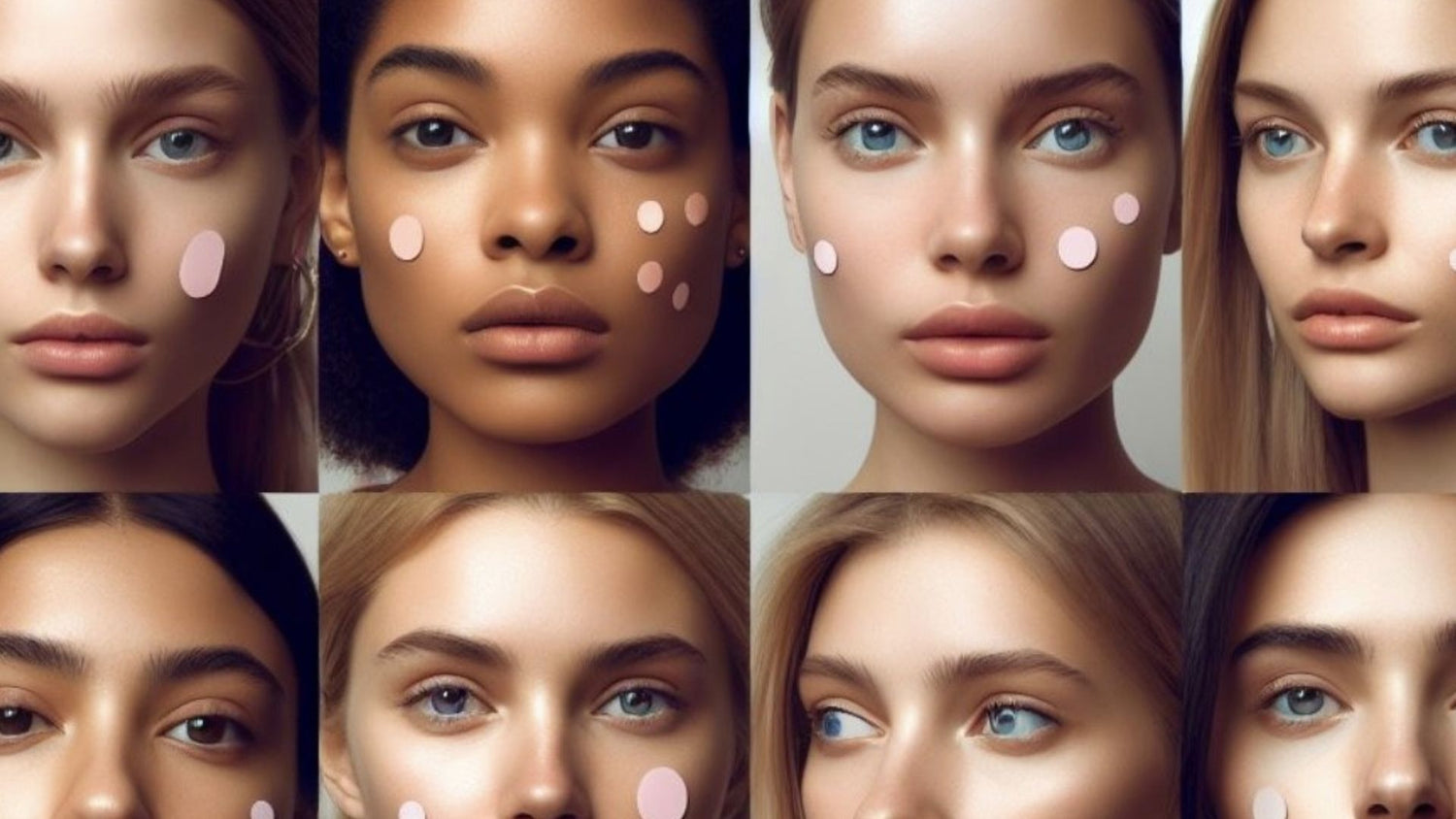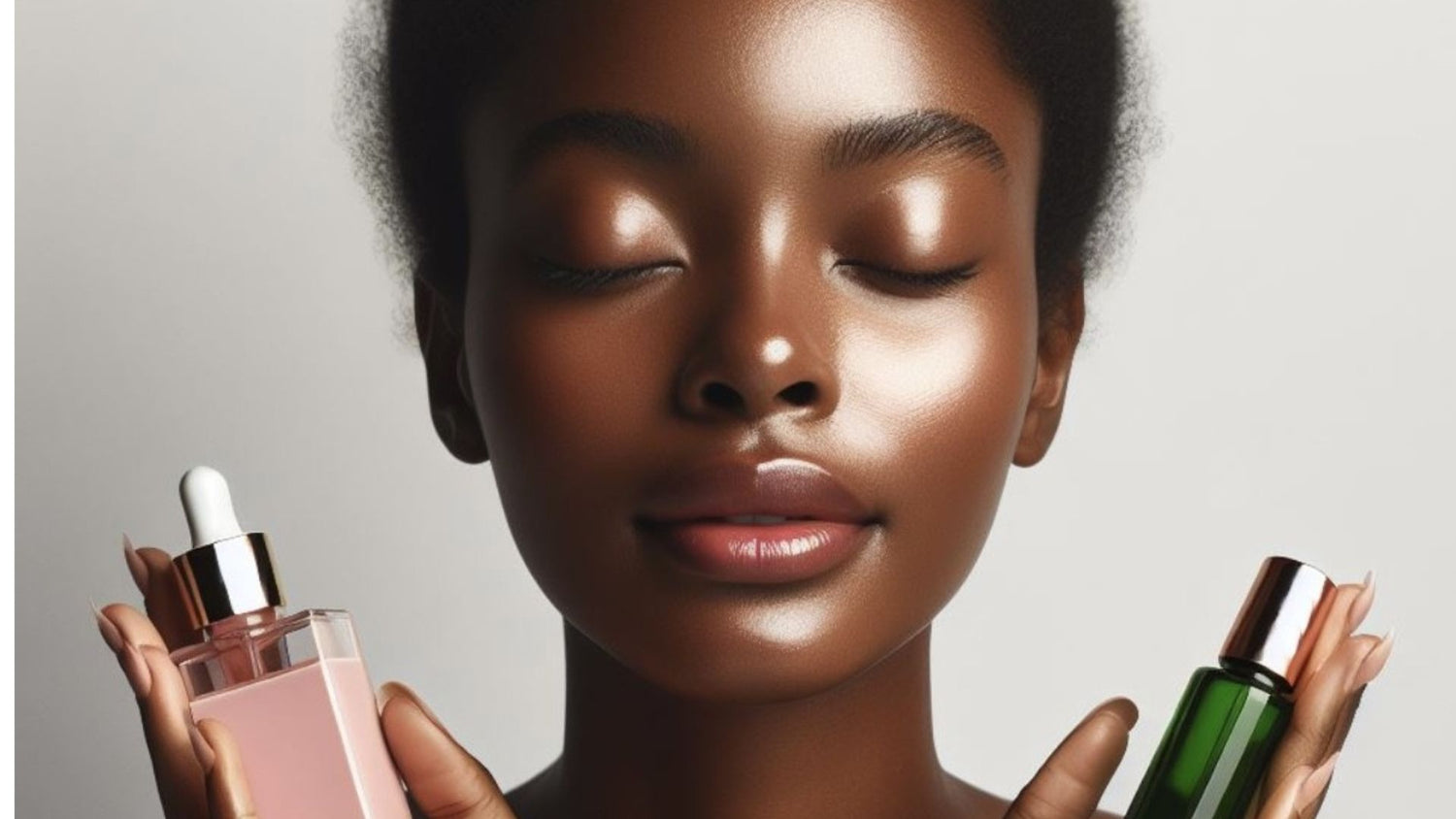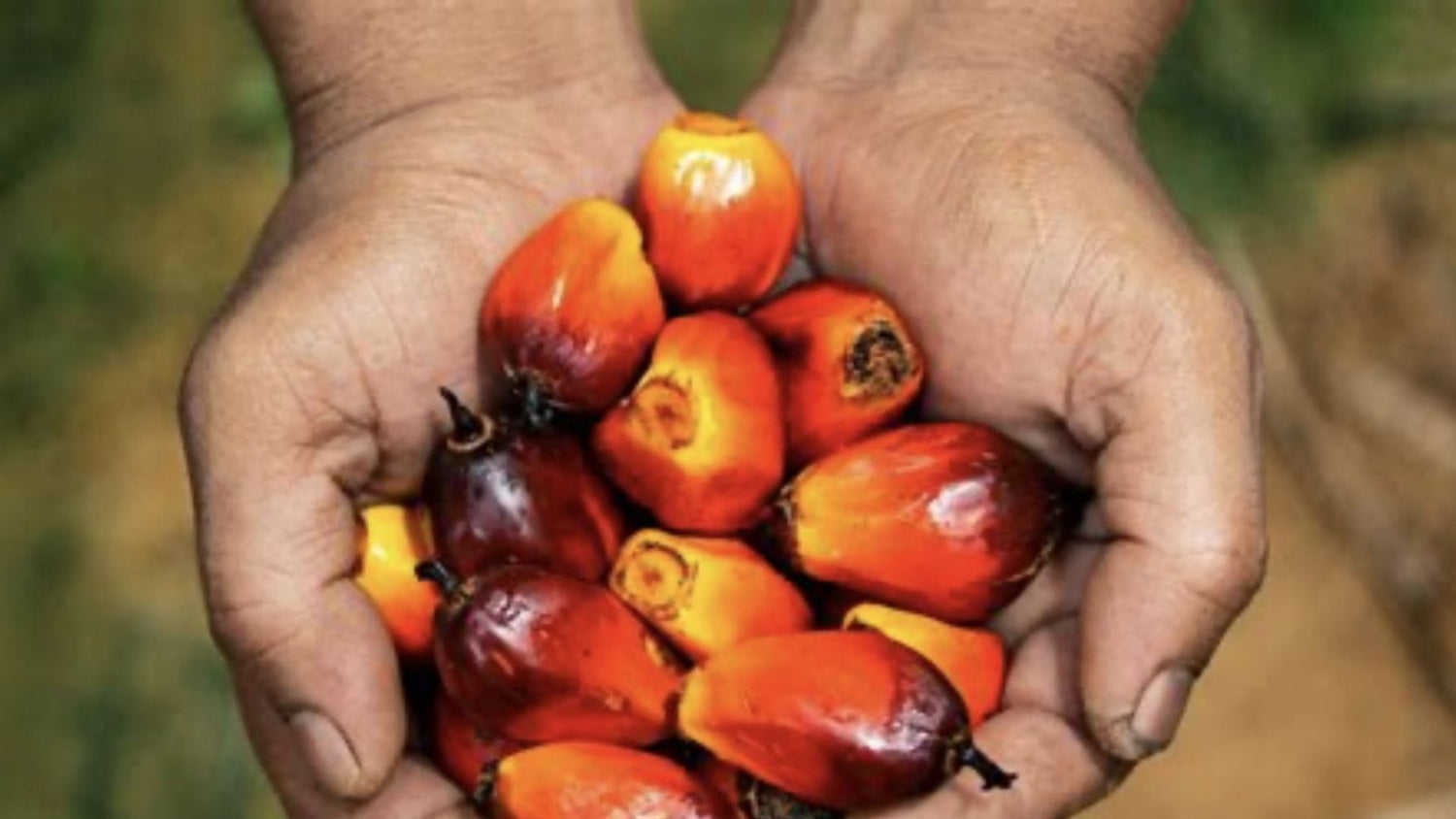The European Union promised that by 2013, the sale of animal-tested cosmetics would be banned, meaning the EU would become the world’s first cruelty-free cosmetics zone. An EU sales ban would also force companies around the world to stop cosmetic animal testing or have their products removed from EU shop shelves.
What Exactly Is Animal Testing?
Animal testing of cosmetics is an ugly business, especially when animals — like rabbits, mice and guinea pigs — are blinded and poisoned just to test a new lipgloss, shampoo, or maybe a cream. Animal testing is intended to ensure the safety and hypoallergenic properties of the cosmetic products for use by humans. Generally, these tests include general toxicity (LD50 test), eye & skin irritancy, photo toxicity, mutagenicity and toxicokinetics — where the product or its solution is dripped into eyes or smeared into abraded skin of the animal. All these tests lead to the animals’ pain and suffering, and finally, they are euthanized.
The British Union for the Abolition of Vivisection (BUAV) estimates that approximately 100 million vertebrates are experimented on around the world every year, 10–11 million of them in the European Union.
Fig :- Types of vertebrates used in animal testing in Europe in 2005: a total of 12.1 million animals were used.
Cruelty-Free 2013 Campaign
There are several regulatory bodies over the world to control the use of non-human animal scientific experimentations like People For The Ethical Treatment Of Animals (PeTA), British Union for the Abolition of Vivisection (BUAV), Institutional Animal Care and Use Committee (IACUC) and Humane Society International (HSI).
In countries such as Brazil, China, Japan and the United States, the suffering of animals continues. HSI is working with scientists, policy makers and corporations worldwide to achieve dramatic reductions in animal testing requirements and speed up acceptance and use of animal-free alternatives. Celebrities such as Leona Lewis, Ricky Gervais, Melanie C, Ke$ha, Dame Judi Dench, Virginia McKenna and other stars have signed HSI’s Cruelty-Free 2013 petition to save the sales ban; the “leaping bunny” tattoo has been the solidarity mark representing the support for the cause, all worn by the celebrities endorsers.
“True beauty doesn’t come from cruelty,” says Ke$ha, HSI‘s first Global Ambassador for Animals. Melanie C says, “sign HSI’s petition and let’s kiss goodbye to cosmetics animal testing once and for all.” The Cruelty-Free 2013 petition has so far been signed by 141,717 people calling for an end to animal-tested cosmetics. Even you can join the pledge.
How Feasible Is It?
Cosmetics and testing experts predict the EU will announce shortly that it is unable to introduce the third phase of the European cosmetics directive, as planned in 2013. This directive would have banned the sale of animal-tested cosmetics anywhere in the world. But, under pressure from some cosmetics companies, the EU is considering delaying that ban.
Neil Parish MP, Chair of the Associate Parliamentary Group said, “‘sufficient’ replacement safety tests would not be available until 2017.”
Former Pussycat Doll Kimberly Wyatt instinctively knows that torturing rabbits, mice, and other animals for makeup is wrong. In her new ad for PeTA U.K., Kimberly — who has her own line of cruelty-free cosmetics, BM Beauty — exposes the painful and often deadly effects that chemical testing has on animals. Kimberly is hopeful that her ad will encourage the EU to uphold the original deadline.
What Is The Reaction Of The Cosmetic Industry?
The U.S. Environmental Protection Agency (EPA) announced its collaboration with L’Oreal to create an alternative to animal-based toxicology tests. The cosmetics giant donated $1.2 million for research on ToxCast, a chemical toxicity forecaster. The EPA screening tool will be used to determine the potential impact of chemicals on the human body. This is a great public relations move for the parent company of L’Oreal Paris, Lancôme, Maybelline, Redkin and numerous other beauty companies, which have been under fire from animal welfare groups for years for allegedly engaging in animal cruelty practices.
PeTA announced in March 2012 that Avon, Mary Kay and Estée Lauder have been conducting tests on animals at the request of the Chinese government so they can market their products in China. The Chinese government requires cosmetic companies to conduct skin and eye irritation tests on certain products. The companies did not notify customers about the change. Kathy Guillermo, PeTA Vice President of Laboratory Investigations says that the three companies “have regressed a generation”, she also adds, “We can still choose to purchase products from the more than 1,000 companies on PeTAʼs list of companies that do not test on animals.”
How Will You Identify Cruelty-Free Products?
Many guilt-free (PeTA certified) brands available on the market now includes The Body Shop, Burt’s Bees , Bath and Body Works, Lush, Leap Organics, Osea, Almay, Beauty Without Cruelty, Bio-D, Dr. Hausheka, Bonne Bell, Kiss My Face, Yes to Carrots, Urban Decay, etc.
HSI supports the Leaping Bunny cause — the only internationally recognized standard that guarantees products are cruelty-free. Learn more at www.leapingbunny.org
– Rinki Pramanik, biotechologiest
For more giveaways and contests, sign up for our newsletter HERE.
If you like this post, share it with your friends and give it a LIKE on Facebook.







